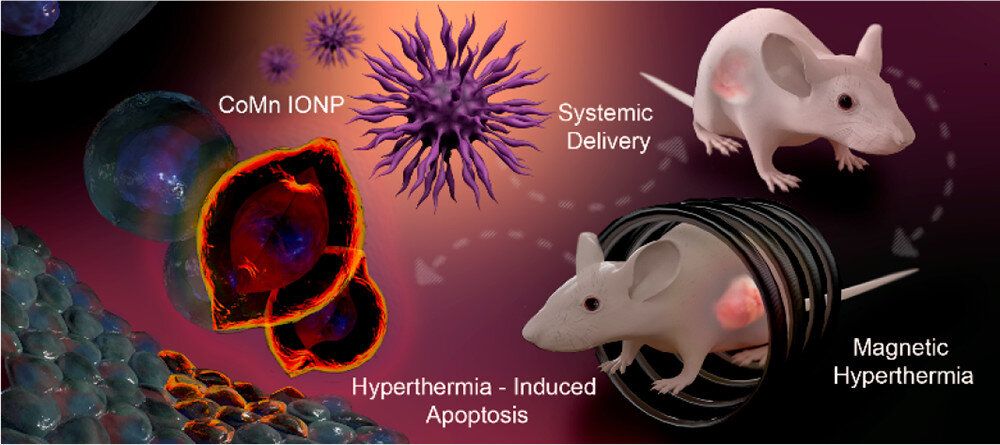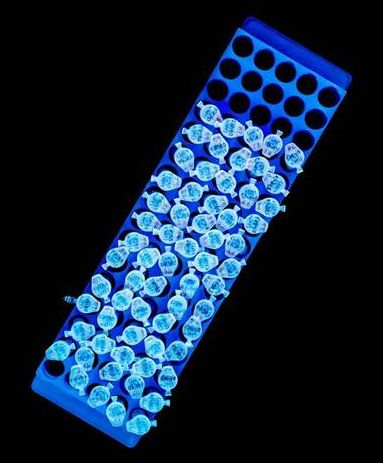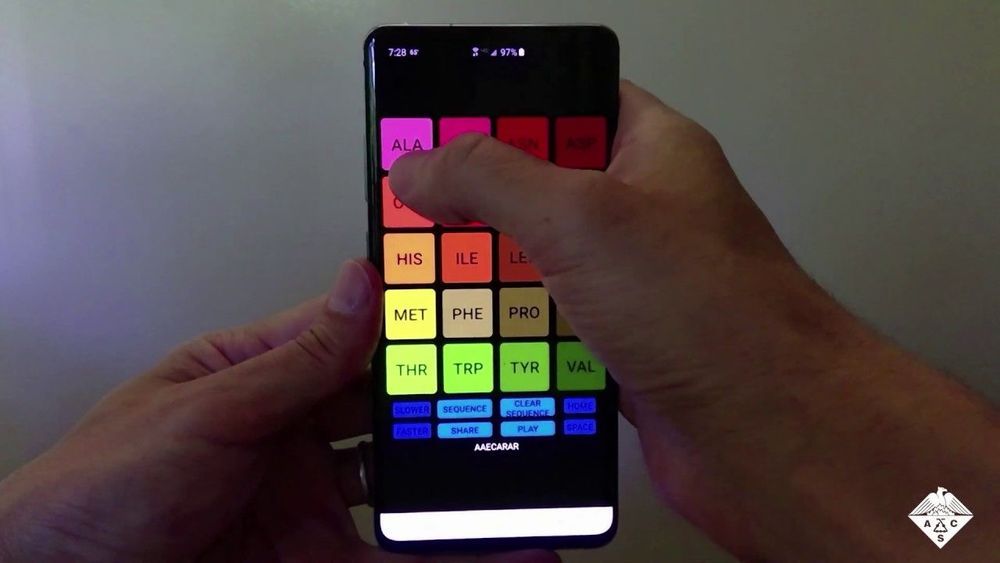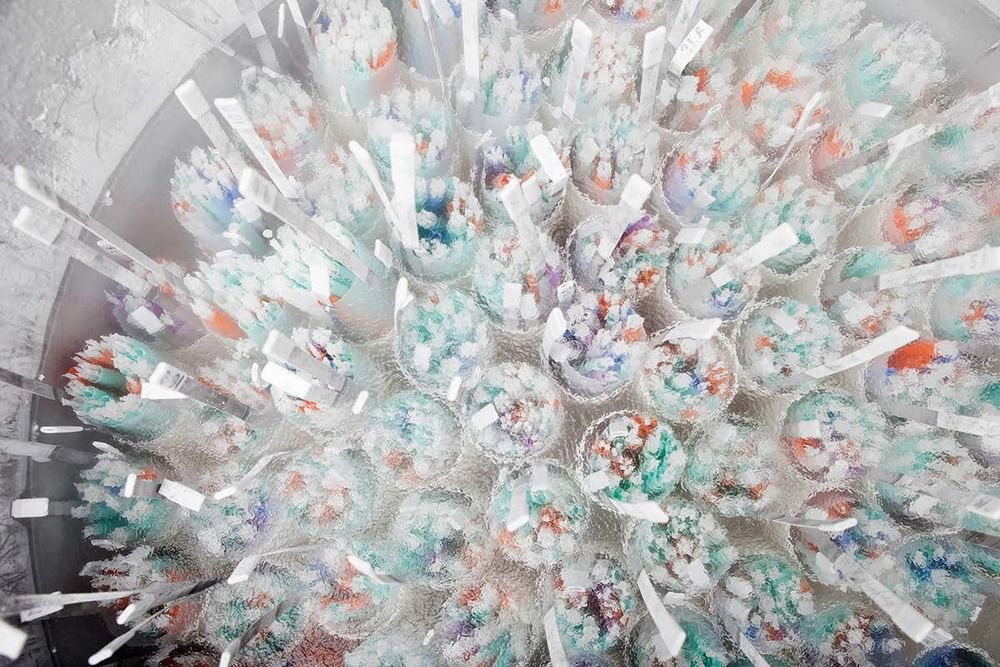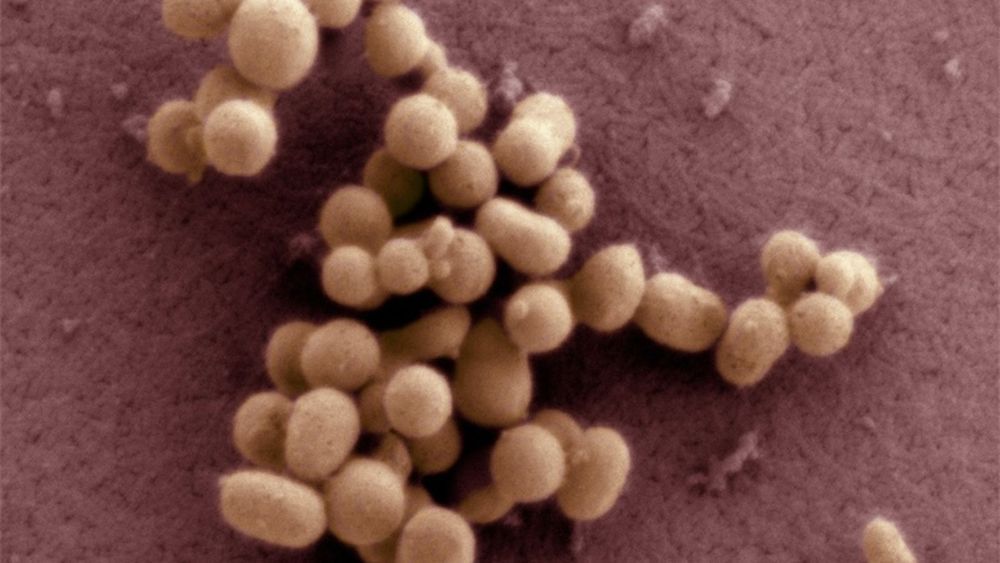
In one of the biggest breakthroughs in recent history, scientists have created a synthetic genome that can self-replicate. So what does this mean? Are we about to become gray goo?
Led by Craig Venter of the J. Craig Venter Institute (JCVI), the team of scientists combined two existing techniques to transplant synthetic DNA into a bacteria. First they chemically synthesized a bacterial genome, then they used well-known nuclear transfer techniques (used in IVF) to transplant the genome into a bacteria. And apparently the bacteria replicated itself, too, thus creating a second generation of the synthetic DNA. The process is being hailed as revolutionary.
